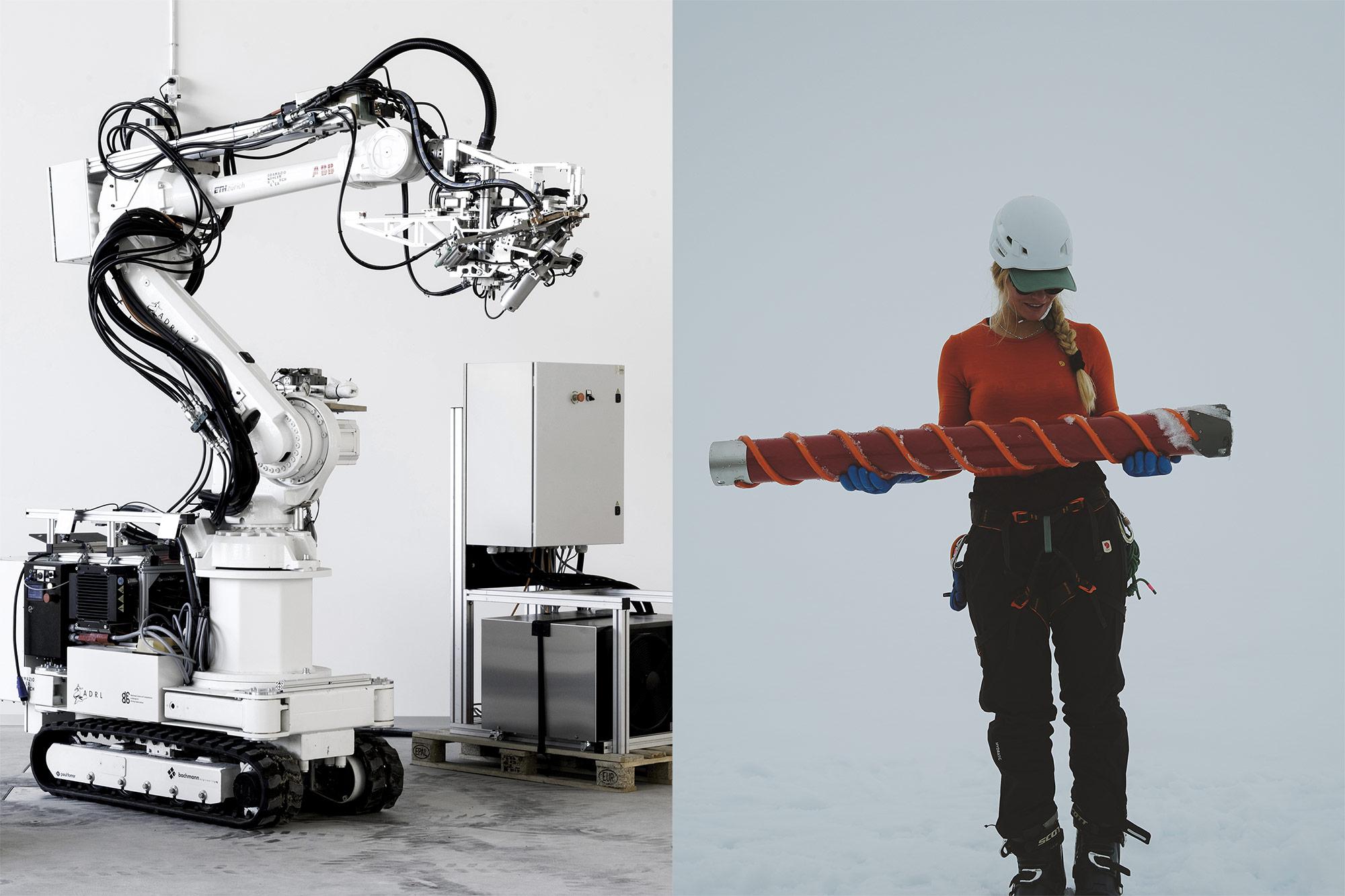In 2023: 1800 innovative projects and major impetus for Switzerland as a research location

From nitrogen pollution to bullying in schools: in 2023, the SNSF invested 961 million francs in its regular research funding. It approved a further 235 million francs for the Horizon Europe transitional measures.
Excess nitrogen pollutes water and the air. To what extent can nitrogen emissions from agricultural land be reduced by an indigenous plant, ribwort plantain? A research project funded by the SNSF since 2023 addresses this question. Another project is investigating the effects of novel and better-targeted irradiation of cancer cells. And a third example: researchers from different disciplines want to develop measures against bullying and mental health problems in schools.
These are three of 1,800 new research projects for which the SNSF approved funding in 2023. It also decided to finance 347 fellowships abroad. "The three examples show the wide range of research we support," says Matthias Egger, President of the Research Council. “In competitive procedures, we select the best and most innovative projects and provide funding for them. In this way, we make a significant contribution to the high quality of Switzerland as a research location.”
961 million francs in regular funding
How much money did the SNSF approve for the selected projects last year? As part of its regular research funding, it invested 961 million francs. It used a further 235 million francs on behalf of the Confederation for extraordinary transitional measures, because Switzerland was again not associated with the EU funding programme Horizon Europe in 2023.
The universities and other institutions of the funded researchers will receive an additional 130 million francs from the SNSF for indirect costs incurred during the term of the new projects. These include, for example, costs for workplaces or central services.
However, the SNSF was once again far from able to finance all submitted projects that deserved funding due to their quality and importance. This is because the demand for funding grew more strongly than the available budget. "We are repeatedly having to reject very relevant project ideas," regrets Matthias Egger. "As a result, Switzerland loses possible foundations for innovation."
5500 ongoing projects
At the end of 2023, 5500 SNSF-funded projects were ongoing. Most of them run for several years. They involved 21,000 researchers – 39.7% of them women – from universities and other institutions. The share of female researchers leading a project was 32.9%. This is an increase of 1.2 percentage points compared with 2022.
Impetus for research
Research and the research environment are constantly developing. In 2023 too, the SNSF carried out a number of other tasks in addition to evaluating and funding the projects. It provided impetus for a variety of research, strengthened national and international networks and created a greater presence for research in the public arena (for examples, see box).
Further information is provided in the 2023 Annual Report. The detailed key figures and information on all funded projects are available on the SNSF data portal.
Selected insights into 2023
- Coronavirus conference: In March 2023, researchers from the special call on coronaviruses and the National Research Programme "Covid-19" (NRP 78) took stock at a conference. A wide range of knowledge was presented, which will be useful for coping with future crises.
- International cooperation: Also last year, the SNSF expanded the international cooperation that is so important for Swiss research. For example, it strengthened partnerships with funding organisations in the USA and Canada.
- Start-ups: According to a study published in the summer of 2023, the SNSF and Innosuisse promote the creation of start-up companies with their funding. In particular, start-ups from scientific institutions quickly convert research knowledge into innovations.
- National Research Programmes: At the end of 2023 the SNSF launched calls for four new National Research Programmes (NRPs). They deal with the topics of "Baukultur", "Biodiversity and Ecosystem Services", "Gender Medicine and Health" and "Plant Breeding Innovation".
- National Centres of Competence in Research: A sixth series of National Centres of Competence in Research (NCCR) was also launched. The call is aimed at researchers in Switzerland who want to conduct long-term research projects on topics of strategic importance.
- Statutes: The Federal Council approved the new SNSF Statutes in 2023. On this basis, the SNSF will have a modern and adaptable structure from 2024. It will thus be able to continue fulfilling its purpose professionally and to cope flexibly with future challenges.
The photos come from the SNSF Scientific Image Competition.